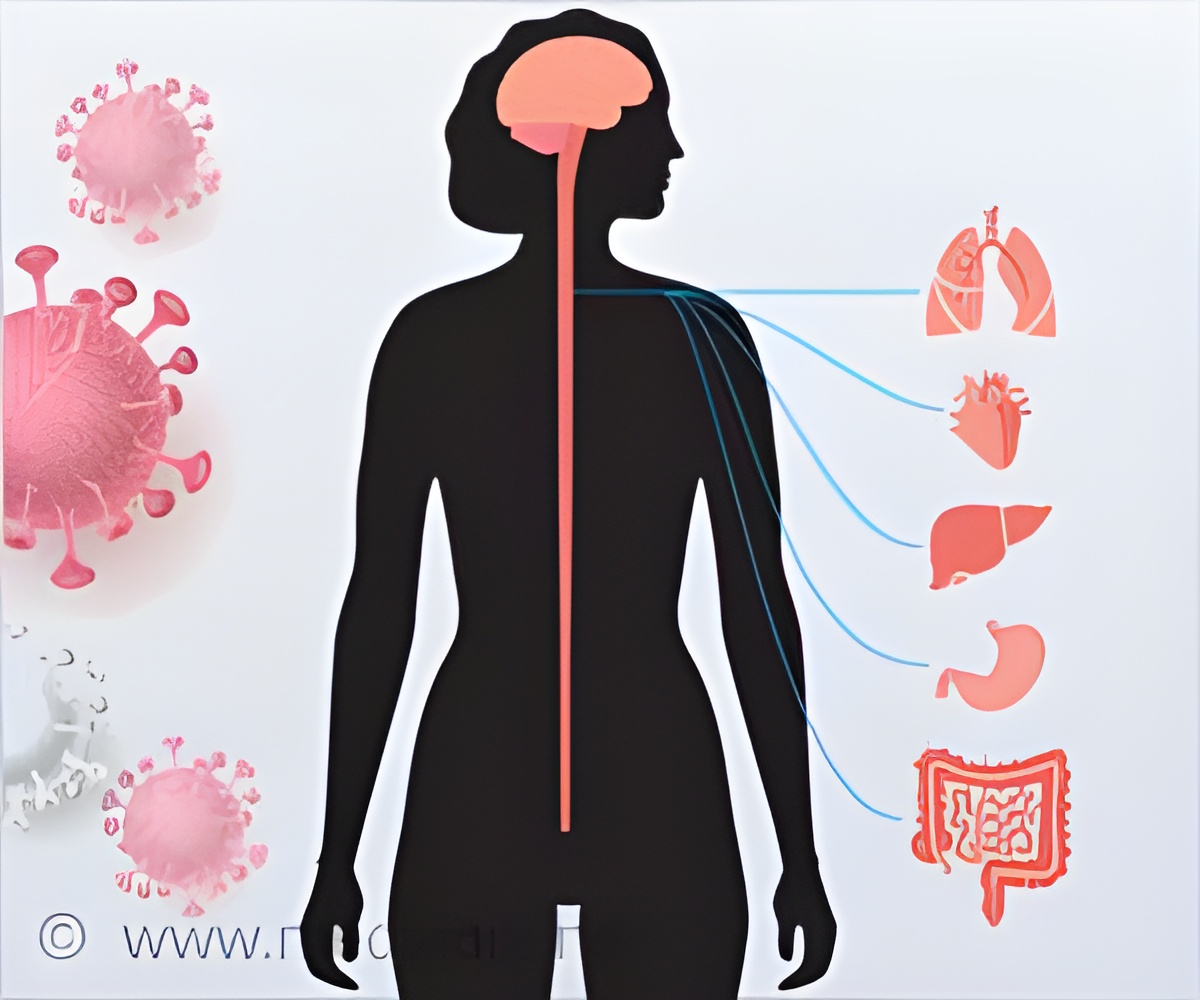In a notable discovery, US researchers have outlined 12 key symptoms linked to Long COVID, a condition characterized by persistent symptoms after a COVID-19 infection.

‘Long COVID, a condition marked by symptoms lasting beyond 30 days after a COVID-19 infection, has been studied by a team of US researchers who have identified 12 significant symptoms associated with the condition.
#Long COVID, #COVID-19 Infection, #COVID-19
’





To better understand the prevalence and severity of symptoms, the US National Institutes of Health (NIH) launched Researching COVID to Enhance Recovery (RECOVER-Adult). Published online in the Journal of the American Medical Association, the study examined 37 symptoms across multiple body areas and organs.
Understanding the Lingering Effects
Researchers identified 12 symptoms that most set apart those with and without long COVID: post-exertional malaise (worsening of symptoms following even minor physical or mental exertion), fatigue, brain fog, dizziness, gastrointestinal symptoms, heart palpitations, issues with sexual desire or capacity, loss of smell or taste, thirst, chronic cough, chest pain, and abnormal movements.The findings include a new scoring system for long COVID to help clinicians and researchers better define it and investigate treatments for patients.
"Now that we're able to identify people with long COVID, we can begin doing more in-depth studies to understand the biological mechanisms at play," said corresponding author Andrea Foulkes, Principal Investigator of the RECOVER, and Professor at Harvard Medical School.
"One of the big takeaways from this study is the heterogeneity of long COVID: Long COVID is not just one syndrome; it's a syndrome of syndromes. Understanding this idea is a really important step for doing more research and ultimately administering informed interventions," she added.
Long Covid Unveiled
The study began enrolling participants in October 2021. Researchers analyzed the results of a symptoms survey distributed at 85 hospitals, health centers, and community organizations in 33 states, Washington, D.C., and Puerto Rico.Advertisement
The results also suggest that re-infections, infection with a pre-Omicron SARS-CoV-2 variant, and absence of vaccination are associated with a higher frequency and severity of long COVID, but the authors emphasize that ongoing research is necessary.
Advertisement













